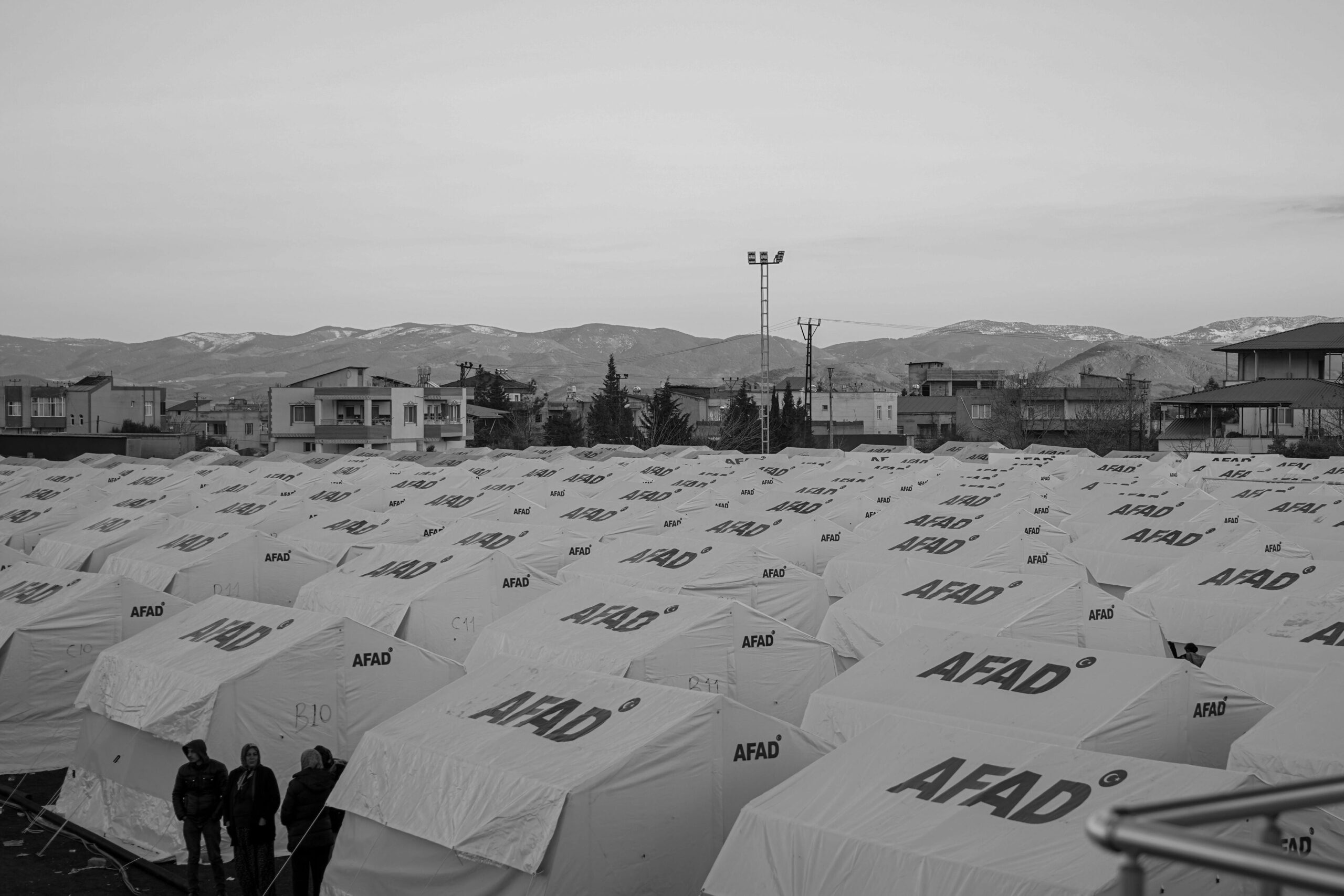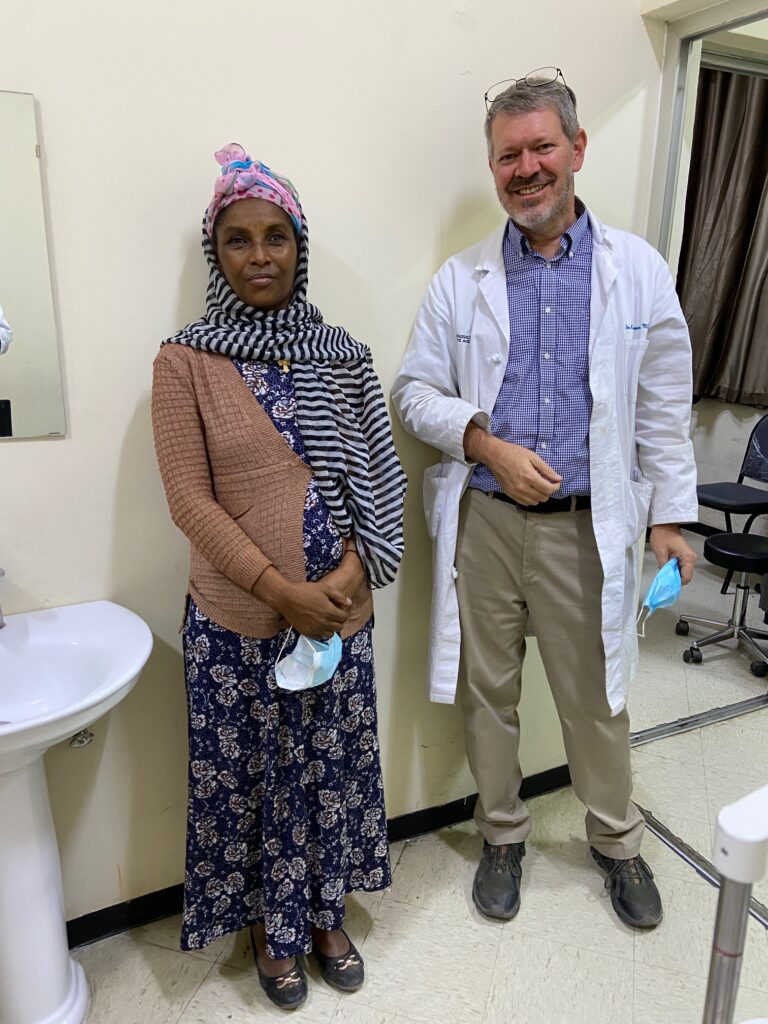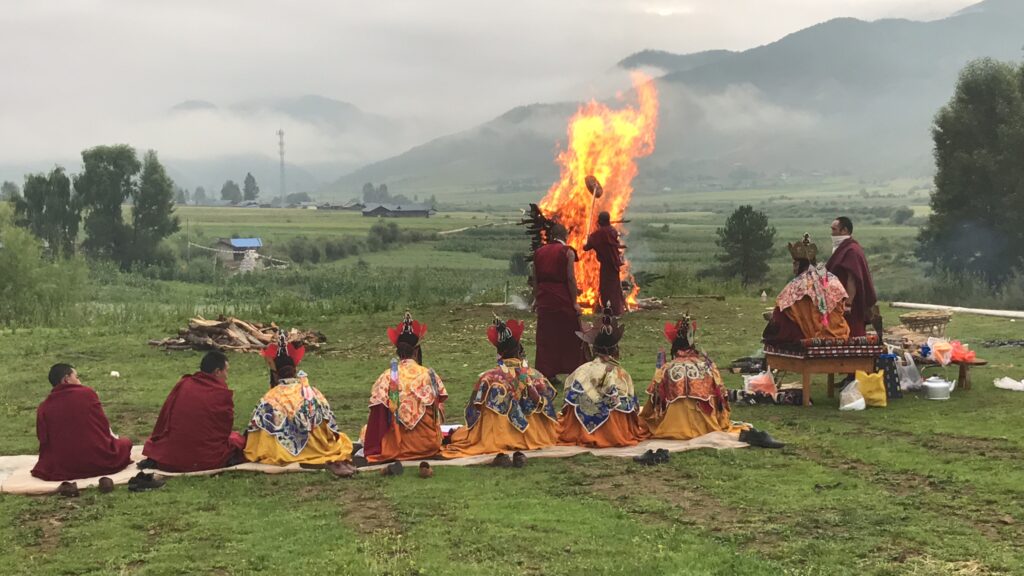Introduction
The resurrection was the topic of the first Christian sermon ever given. Our text is taken from that sermon. It takes place on the Day of Pentecost, a Jewish feast which celebrates God’s faithfulness in providing the yearly harvest. It was a time to remember the promises that God had kept. I would have loved to have been there to hear Peter speak in the power of the Holy Spirit. Maybe he is standing on a wall or even the roof of a house. He raises his voice and says “Men of Judea and all who dwell in Jerusalem, let this be known to you, and give ear to my words” (14). And here is what he says: the promise of God has been kept! Let’s consider the promise.
Promise to Joel 16-21
God had promised to Joel that he would pour out his Spirit on all people. Peter says, “Look, the promise is being fulfilled before your very eyes and ears. The Spirit has come and we now are prophesying to you the wonders of God.” God has kept his promise.
Promise to the Messiah, David, and God’s People
But this is only Peter’s introduction to what he really wants to say. He wants to proclaim the promise of God that is fulfilled by the resurrection of Jesus Christ. He makes clear that God is a keeper of promises, and he brings out how God has kept his promise to Jesus the Messiah, to King David, and to God’s people.
The Messiah
How did God fulfill his promise to Jesus? First, he anointed him with power to do wonders. By this power Jesus was able to demonstrate his credentials as a man sent by God. As Peter says, “22 Men of Israel, hear these words: Jesus of Nazareth, a man attested to you by God with mighty works and wonders and signs that God did through him in your midst, as you yourselves know.”
And God had promised this. When John the Baptist had been thrown in jail, and he heard about Jesus’ ministry, he sent his disciples to ask him:
“Are you the one who is to come, or shall we look for another?" 4And Jesus answered them, "Go and tell John what you hear and see: 5 the blind receive their sight and the lame walk, lepers are cleansed and the deaf hear, and the dead are raised up, and the poor have good news preached to them” (Matthew 11:3-5).
Isaiah had prophesied that such works would be done when he did his great work of redemption (cf 35:5-6). And because God kept his promise, Jesus was able to show that he was accredited by God through the miracles that he did.
But the great promise kept is the promise that Jesus would be raised from the dead. Peter quotes from David’s Psalm 16:8-11 to demonstrate the promise made:
For David says concerning him,
"'I saw the Lord always before me,
for he is at my right hand that I may not be shaken;
26therefore my heart was glad, and my tongue rejoiced;
my flesh also will dwell in hope.
27For you will not abandon my soul to Hades,
or let your Holy One see corruption.
28You have made known to me the paths of life;
you will make me full of gladness with your presence.'
This passage would not seem at first to be a prophecy that would be applied to the Messiah. David uses the first person pronoun:
my flesh also will dwell in hope.
27For you will not abandon my soul to Hades,
or let your Holy One see corruption.
On the other hand, to refer to himself as “your Holy One” is strange. I am not aware of anyone referring to himself as the Holy One of God.
But Peter’s point is that if David were referring to himself, then his hope was futile. God did abandon his body; his body did decay: “Brothers, I may say to you with confidence about the patriarch David that he both died and was buried, and his tomb is with us to this day” (29).
But David was not referring to himself. We may not have thought of David as a prophet, but the Jews did, and they would have not thought that Peter’s next remarks were necessarily wrong or strange.
Being therefore a prophet, and knowing that God had sworn with an oath to him that he would set one of his descendants on his throne, he foresaw and spoke about the resurr of the Christ, that he was not abandoned to Hades, nor did his flesh see corruption (30-31).
This would be an acceptable interpretation of the passage. Many such interpretations were made about the Messiah who was expected to come, and many Jews believed in the resurrection of the dead that would take place when the Messiah came.
Peter’s remarkable claim is that Jesus is that Messiah and the great evidence that he is the Messiah is his resurrection: This Jesus God raised up, and of that we all are witnesses (32).
God kept his promise to his Messiah. Peter could have also quoted from Isaiah 53.
when his soul makes an offering for guilt,
he shall see his offspring; he shall prolong his days;
the will of the LORD shall prosper in his hand.
Out of the anguish of his soul he shall see and be satisfied (10-11).
The Messiah’s story does not end with death, but with life. Nor does it end with him simply being restored to life; he is restored to glory.
Being therefore exalted at the right hand of God, and having received from the Father the promise of the Holy Spirit, he has poured out this that you yourselves are seeing and hearing. 34For David did not ascend into the heavens, but he himself says,
"'The Lord said to my Lord, Sit at my right hand,
35until I make your enemies your footstool.'
36Let all the house of Israel therefore know for certain that God has made him both Lord and Christ, this Jesus whom you crucified."
This Jesus is not merely an earthly Messiah. He is not merely a human deliverer. He is Lord above all. Therefore, God has kept his promise to his Servant, his Son, that if he carried out the redeeming sacrifice for God’s people, then God would raise him from the dead and exalt him as both Savior and Lord.
To David
God also kept his promise to David for whom, as Peter says, he “had sworn with an oath to him that he would set one of his descendents on his throne” (30). This was David’s hope. David never believed that he would not die. The promise that filled him with real hope and joy was that his descendants would remain on the throne of Israel, and particularly that the final king to reign – the Holy One, the Messiah – would come from his line. And it would be in that final king, that his own hope for eternal life would be fulfilled.
And every Jew knew this. Everyone looked for the Son of David who was to come and reign forever. John the Baptist’s father, Zechariah, expressed the expectations of the Jewish people well:
67And his father Zechariah was filled with the Holy Spirit and prophesied, saying,
68 "Blessed be the Lord God of Israel,
for he has visited and redeemed his people
69and has raised up a horn of salvation for us
in the house of his servant David,
70 as he spoke by the mouth of his holy prophets from of old (Luke 1:67-70).
God kept his promise to David that the Messiah would come from his line, but there is another sense in which he did keep the very words David spoke about the grave.
26therefore my heart was glad, and my tongue rejoiced;
my flesh also will dwell in hope.
27For you will not abandon my soul to Hades,
or let your Holy One see corruption.
28You have made known to me the paths of life;
you will make me full of gladness with your presence.'
It is true that David’s body decayed, but it is also true the God made known to him the paths of life, and that even now David is filled with joy in the presence of God. God did not abandon David to the grave. And even the hope of his body will come true, because some day his body will be resurrected. As God has kept his promise to David, so he will keep his complete promise.
To God’s People
God also kept his promise to his people of Israel. The Messiah was sent by God for the salvation of his people. The Messiah’s resurrection was not for mere show. The promise of a Messiah was made to Israel, that Israel might have hope. Peter makes clear to his listeners that the Messiah, for whom they had been waiting, had come and had done his saving work not only for them but also through them.
22Men of Israel, hear these words: Jesus of Nazareth, a man attested to you by God with mighty works and wonders and signs that God did through him in your midst, as you yourselves know— 23this Jesus, delivered up according to the definite plan and foreknowledge of God, you crucified and killed by the hands of lawless men…
“Through you,” Peter says, “the Messiah became the sacrificial lamb to save you from your sins.” “Let all the house of Israel therefore know for certain that God has made him both Lord and Christ, this Jesus whom you crucified” (36). “Be assured, be confident that the Messiah for whom you have awaited has come.” God has kept his promise.”
And he has kept his promise for salvation. When Peter finishes his sermon, he receives this response: Now when they heard this they were cut to the heart, and said to Peter and the rest of the apostles, "Brothers, what shall we do?” (37) God fulfilled the promise of sending the Messiah and vindicating him by his resurrection. But now the people are worried. Have they now lost out on the salvation that he brought?
No! 38And Peter said to them, "Repent and be baptized every one of you in the name of Jesus Christ for the forgiveness of your sins, and you will receive the gift of the Holy Spirit. 39For the promise is for you and for your children"
God’s purpose was for them was to receive the promise – both the Holy Spirit and the forgiveness of sins. That promise to Joel of the Spirit being poured out on all people was for them. That promise that the Servant of God would bear the iniquities of others was for them. God has kept his promise, and he calls upon them to receive it now.
To God
And then there is someone else to whom God has kept his promise – that is to himself, or more appropriately to say, to the Triune God. Peter says, “ this J, delivered up accordg to t definite plan & foreknowledge of God” (23). The death of Jesus was not a mistake. Jesus did not get caught; he was handed over, and not by Judas, but by God himself.
As the believers affirmed in prayer to God in Acts 4:27-28:
for truly in this city there were gathered together against your holy servant Jesus, whom you anointed, both Herod and Pontius Pilate, along with the Gentiles and the peoples of Israel, 28 to do whatever your hand and your plan had predestined to take place.
Before there was an Israel; before Adam and Eve had fallen, God the Father, Son, and Holy Spirit had determined in the secret councils the price that would be paid for the salvation of his people and made the promise of the Son’s resurrection and the Spirit’s coming in power. And he has kept his promise. The Son has wrought his work of atonement and has been raised in victory; he has been exalted on high and the Spirit has been poured on his people. What God promised himself he would do, he has done.
To Us
But also understand that God has kept his promise for us. I cut Peter off in mid-sentence in his reply to how salvation may be obtained. His full statement was this: “For the promise is for you and for your children and for all who are far off, everyone whom the Lord our God calls to himself” (39).
God’s promise is for us, the Gentiles who live in a far away place in a far away time. This is not an afterthought, but part of God’s original plan.
He had promised Abraham that through him, not only would his physical descendants be blessed, but that all peoples (i.e. people groups) would be blessed. The Holy Spirit moved in the psalmists to include all the nations in the worship of God. Here is one example from Psalm 67:
3 Let the peoples praise you, O God;
let all the peoples praise you!
4Let the nations be glad and sing for joy,
for you judge the peoples with equity
and guide the nations upon earth.
Through Isaiah God promised the Messiah that he would bring salvation to all peoples:
It is too light a thing that you should be my servant
to raise up the tribes of Jacob
and to bring back the preserved of Israel;
I will make you as a light for the nations,
that my salvation may reach to the end of the earth (49:6).
When God raised Jesus Christ from the dead, it was to us that he was keeping his promise.
Conclusion
Let us celebrate the glorious promise that our God kept for us. But remember, that the promise has not ended with Christ’s resurrection. The resurrection, indeed, is but evidence on the ongoing promise to be fulfilled in every generation. For every person who calls on the name of the Lord for salvation fulfills the promise made that God’s salvation will come to “everyone whom the Lord our God calls to himself.” He will not lose any of his flock. He will not fail to bring any who are his into his kingdom and keep them safe. We know that he will not fail, because he did not fail to raise his Son to life as he promised.
And do not forget that our Lord’s resurrection is the sign that our own resurrection will come. As 1 Corinthians 15:20 says: “But Christ has indeed been raised from the dead, the firstfruits of those who have fallen asleep.” We also shall be raised. Our hope is not in the immortality of the soul, but in the resurrection of the body.
When will our resurrection take place? When our Lord Jesus returns. And we know that he will return. He came the first time as God promised. He overcame death as God promised. Surely, God will keep his promise once more.
Now I need to ask, Have you claimed the promise of God for yourself? After Peter spoke of the promise of God that had been kept, he further added that the people must act to receive the promise. They must repent; they must be baptized, i.e. they must identify themselves with Christ and become his followers. What better time than today to call upon God for salvation. Do you wonder if he will respond? Does God forget his promises?
All who have come to know God through Jesus Christ will attest that God never forgets. We affirm with the Apostle Paul: For all the promises of God find their Yes in X. That is why it is through him that we utter our Amen to God for his glory (2 Corinthians 1:20).





